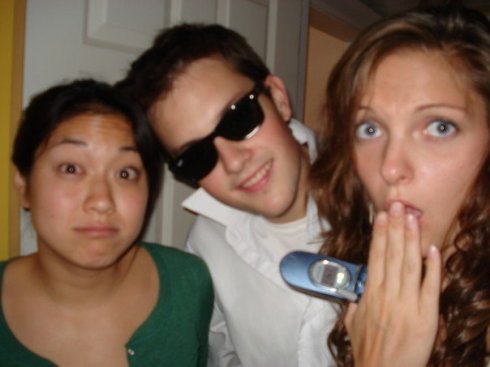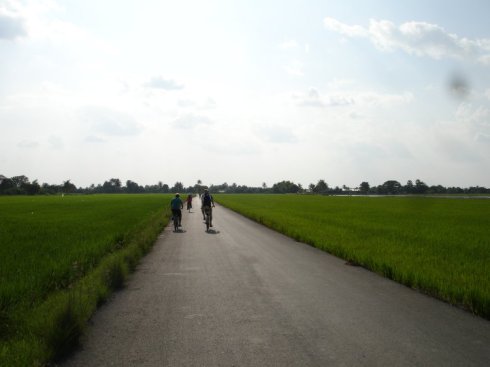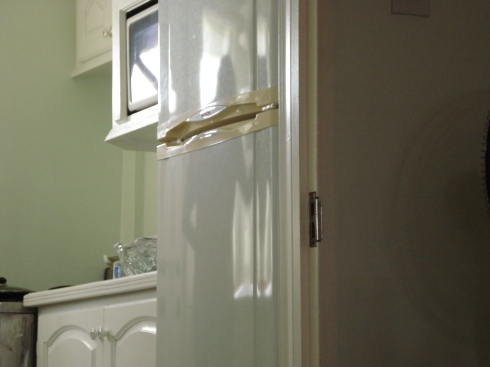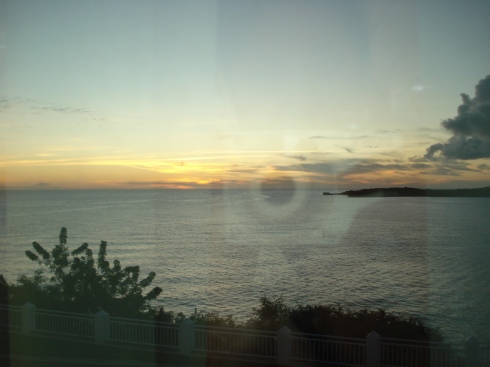One of the things I struggled mentally with in first year med school was how abstract the idea of a “patient” was. It’s this body, barely even, more like just a presentation. A patient was a canvas that you could toss any collection of signs and symptoms and lab findings onto, and then you owned the patient and you owned the diagnosis. But patients don’t really exist, that’s just an idea and label that dissolves away in the real world.
In Microbiology Epstein-Barr Virus has come up a couple times. It’s found in almost all nasopharyngeal cancers, which has a higher than average prevalence in Asian populations and males. See how textbook this can sound? And we’re encouraged to talk this way, to use our anatomical terms and multi-syllabic words that mean simple things like “it’s hard to poo”. I understand the need to have a scientific grounding and vocabulary with precise definitions and a professional context but at least during the Basic Sciences years (for most schools, the first 2 years of med school), we get used to seeing a patient with nasopharyngeal cancer as nasopharyngeal cancer and not as a person. It’s when we do cover a condition where you know someone who was deeply affected by it, that you get a reality check and realize that this study of signs, symptoms, diagnosis, treatment, prognosis is someone’s reality.
A good friend of mine and fine arts grad did a series called “Cancer” which brought me to tears when I first saw it. Growing up I had heard so much about her dad from her, my parents, and my family friends but had no memories of him. He died when we were 7 maybe 8 years old from nasopharyngeal cancer and complications of. In her photoseries, Victoria really brings home what med students need to be reminded of daily: that behind these definitions and X-rays there are fathers, husbands, people who have touched countless lives, who have said silly things, gotten angry, been scared, traveled the world, and have reflected on life.
But yes, feel free to use it however you choose – and just for reference sake (not that you have to mention it), the X-ray imagery is of my dads head scan when they found the tumor in his sinus cavity (he had Nasopharyngeal cancer, I believe), and the photo is of my dad in the delivery room holding Juliet when she was born in Oct. 1990. – V.S.
Today we covered pancreatic cancers. To illustrate how terrible the prognosis is, the prof posted a picture of a little guy struggling against a sumo wrestler. I remembered visiting my Auntie Grace, such a vibrant woman, 3 days before she died in the hospital. At her wake she looked so yellow and her face bloated. I remember thinking the mortician did an awful job “preparing” her because she didn’t look herself; I thought they had stuffed her with cotton balls. But the yellow was jaundice and the bloat was edema. I remember so well when she was getting her diagnosis of pancreatic cancer from my mom, with her husband (also a doctor who must have known how terrible the prognosis was) in the room. I had no idea what was going on and was impatiently waiting outside the office room for them to finish so my mom could take me to swim practice. Anxious that I’d be late again and get in trouble, I knocked on the door and told my mom angrily that I was going to be late. Auntie Grace and Uncle John felt so badly for making me late, and my mom was SO PISSED (rightfully so) that I had been such a brat when someone else was basically hearing their death sentence.

Medicine vs pancreatic cancer
I swam for a swim team last year while in the UK. My swim coach had just received a diagnosis of Multiple Sclerosis a few months before I started swimming. As we learned about it in class, about the gradual course of blurry vision, then paralysis, total body shut down, I thought how hard I would find it to have so much information available about something that is happening to you, but no way to stop or slow it. It was my first time feeling, as I’ve felt many times now through school, that this job although I’m sure it will be rewarding, will be really hard emotionally as well.
Tags: humanism, looking back, medicine, outside the classroom













Recent Comments